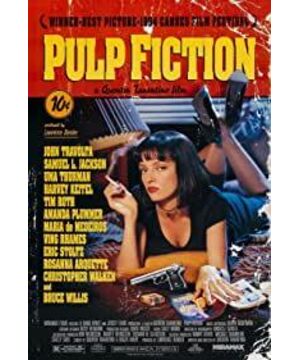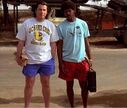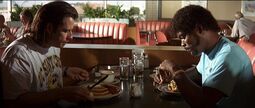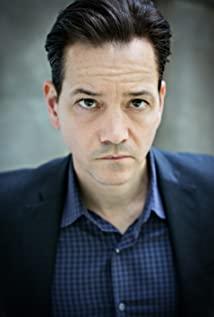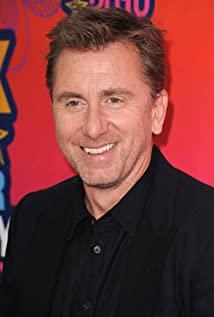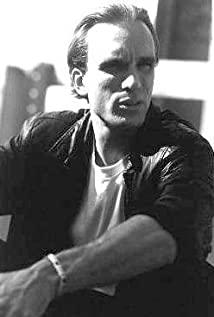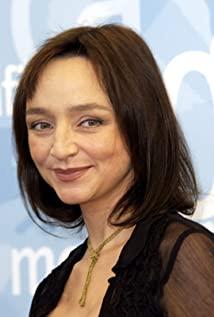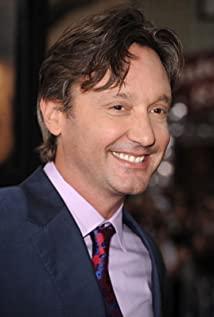In fact, the movie is really interesting, and because it consists of several stories, it doesn't seem like a lot of effort.
On the one hand, the performance of the stars is remarkable. I haven't seen Uma Thurman's film, and I don't have much scene in it, but Mia left the deepest impression on me, whether it's a crazy swing dance improv, or a drug overdose. The shock response is very casual and natural. On the contrary, Bruce Willis is still a muscular man, and the audience is tired of taking on too many roles of this type of limbed, not-so-smart, occasional hero.
For movies with multiple clues, whether it is "Crash" or "Tower of Babel" in the past two years, everyone has become familiar with and used to it, but discussing these two movies together with "Pulp Fiction" obviously lacks comparison. sex. Although they are several independent and interconnected stories, "Crash" and "Babel" are cross-narratives in different time and space, as if the former is a live track and field competition, and the camera is aimed at the long-distance running now, and the high jump at that time. , and this film is an independent narrative of several stories, just like the 110-meter hurdles preliminaries, only after one group is finished, it is the turn of the next group. The ring structure is indeed very innovative for more than ten years ago, and more importantly, this structure saves a lot of unnecessary trouble in the storytelling process. First, the connection between the stories greatly reduces the jumpiness that can result from the conversion of independent stories. Secondly, dividing and telling the more complex story independently makes the plot more compact and fascinating, without worrying about being loose and messy due to too many side branches, and it can also cover the fate of so many characters in the plot setting. Apparently this was a clever and creative approach, and the experiment proved very successful.
As for the careful thoughts revealed in the details, although there are many good people listed, for me personally, except for comedy, I don't think it is necessary to spend time and energy to find those so-called "fun". Perhaps, for the director or screenwriter, this can be regarded as ingenious, and it can be said to shine the light of his own wisdom, but from another point of view, isn't it clever? Of course, if it is understood as a personal characteristic or a personality label, it may be another story.
But then again, in addition to the cast and film structure, this film is actually a little puzzled about what it is talking about. The only explanation is probably that there is no accident in life. Who would have thought that Juth would insist on washing his hands in a golden pot because of a narrow escape that he believed was God's will? Who would have thought that Vincent escaped death, completed the task of taking care of the eldest wife, and solved the bloody car problem, only to be shot and killed in the toilet? Who would have thought that Butch, who was still being chased by the boss, saved the boss and kept the humiliating secret for him in a blink of an eye? Who would have thought that a routine robbery of the young couple would encounter murderous Juth and Vincent, and the former would give them money to let them leave after a lecture? Too many incredible things happened to them, and for the audience who are used to predicting endings, playing cards out of the way is interesting and talked about, and maybe it's another one that makes people like this film. the reason.
No one knows what will happen in the next second, and no one knows how their trajectory will develop. Unknownness is the most basic attribute of life and the most powerful force. What cannot be ignored is that the difference of one thought changes not only a decision, but also the life of oneself and others, and may even be the difference between life and death: just as Butch's kindness not only saves the boss, but also saves himself from hiding and worrying about being chased. Just as the young couple embraced by Juth's education, they may do serious business instead of robbery in the future; just as Vincent and Juth have very different experiences with the "miracle" they encountered, the former could not escape the fate of being a killer in the end , while the latter is happy because he does not wash his hands. . . People who are controlled by fate are also controlling fate. Although the invisible hand of fate is mysterious, it is not necessarily impossible to hold for a moment, isn't it?
View more about Pulp Fiction reviews


